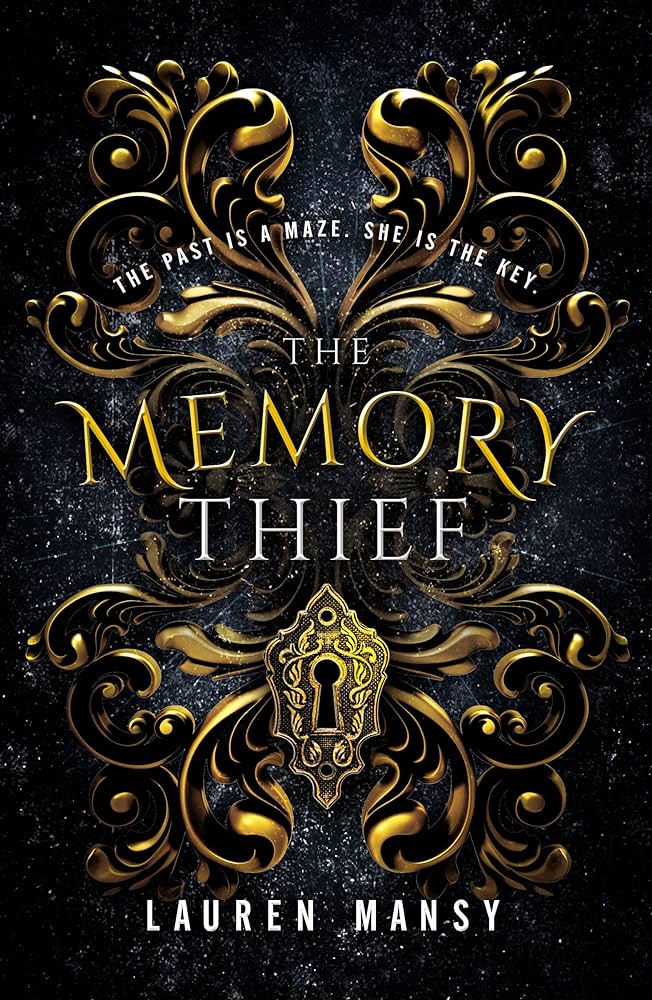Let me tell you... I loved this book. I loved it so much that I read it a second time to write this review. When I first read The Memory Thief, I had no idea I would still be thinking about it two years later! The emotions, struggle, and setting will suck the real world away in an instant and pull you into a world where every step is a risky endeavor.
The Memory Thief is set in a dystopian world where the “gifted” can give and take memories from others, and the “ungifted” can do little about it. Some gifted, called “sifters,” are even able to use their gift on sight instead of by touch. Memories are a greater currency than coin, making it common practice to pay for necessities with the good memories people possess. There is an even darker side of society where people will pay for torturous memories to be implanted in their enemies.
Of course, every world of tyrants must have opposition, and Madame’s Stone Realm is no different. The Shadows, thieves of their own right, play a Robin Hood role in the realms to contrast Madame’s Minders. The Shadows take what was unrightfully stolen and give it back to the poorer, often ungifted, citizens.
Julietta is a 17-year-old with the gift of giving and taking memories. Though she begins as a somewhat willing prisoner of Madame, the tyrant who rules the stone realm, Julietta quickly realizes that stagnation is no longer an option. She sacrificed a life with the shadows to protect her comatose mother, and now that life is threatened with one, fateful letter.
Julietta takes great risks to save her mother by contacting the Shadows and is forced to attempt an impossible heist from a tyrant even more dreadful than Madame. When the leader of the Shadows pairs her with the Shadow that recruited what is essentially Julietta’s little sister, she tries everything to stay distant from him. The trek to the woodland realm holds many hazards and romance blossoms through the hardship.
The whole book builds toward one goal: take down the tyrant. Even so, Julietta wrestles with even greater conflicts internally. What is she willing to do to save her mother? Is forgiveness real? What about love, and is it worth the pain of loss? Most of all, dare she hope that “better things await” her (pg. 26)?
